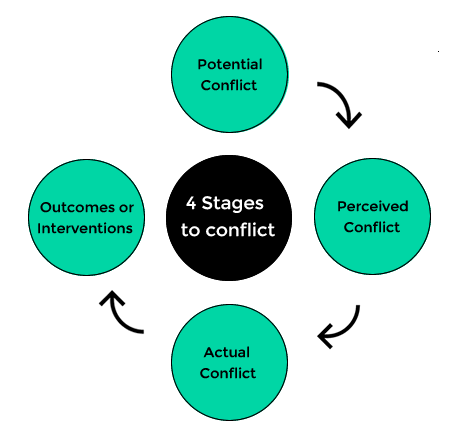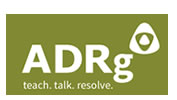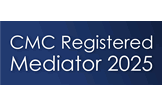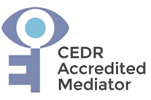
All About People
Need help to resolve your business, personal or employee conflicts & disputes?
Stay up to date with our latest news and workshops.
Conflict is where two or more people disagree with each other. There are different stages of conflict and whilst this can sometimes escalate to require more formal intervention or engage with legal processes, many issues can be resolved between the people involved.
Conflict: arises in interpersonal situations that upset us. The other party may or may not be aware of this and is mostly an internal experience.
A dispute: is a formal argument or disagreement between two or more people.
Conflict is usually caused by triggers such as poor communication, personality differences and environmental factors. Most people who disagree with another person or become unhappy with a situation will react according to their own personality type, background, and beliefs.
There are four primary stages to conflict:

An act or inaction (whether verbal or physical) has the potential to cause a negative experience from another person's perspective.
Another person has had a negative experience which relates to the act or inaction, and this has become an issue for the individual.
The individual reacts to the negative experience by doing an act or expressing verbally their position. This causes a reaction from each person involved with each adding to the situation and hardening their positions.
Conflict resolution can take many forms and does not always require intervention. Where the people involved are committed to finding a way forward, an outcome can be reached which will benefit some if not all individuals. Where one or more people do not want to move forward, intervention should be considered to help decide one or more outcomes. Intervention can be neutral (I.e. where a mediator works with everyone equally) or decision-based (where a third party such as an expert, adjudicator, arbitrator or judge makes a decision).
Potential Conflict can be seen in most situations whereby there is at least one cause which has the potential to be perceived by another as a negative experience. Actual conflict arises whereby one or more of the people involved take action or alter their behaviour to the detriment of the situation or one or more others involved. Conflict will continue to escalate if there is inaction or incorrect actions to ameliorate the situation.
The signs for conflict escalation involve both internal and external factors. Recognition of your own behaviours towards a situation or another person is as important as understanding how others act towards you.
Whilst conflict is not always bad, if not managed properly it can have a negative and detrimental effect on relationships. A bad outcome is likely if conflict is left to deteriorate or those involved do not want to resolve the issues amicably.
We understand the impact negative conflict can have on individuals and organisations and work with you to find pragmatic and people focused outcomes.
Conflict management is largely about looking inwards and changing our own behaviours whilst recognising those of others and working together to reduce future conflict for example, identifying triggers and causes, as well as behaviours and being respectful of the values and beliefs of those around us.
We have set out some guidance for managing conflict or advising people about conflict management. See more information about Professionals Managing Conflict and for Individuals Involved with Conflict.
We believe in helping people to resolve conflict themselves. Our approach is help you with your immediate needs and to equip those involved with the tools to manage and reduce future conflict. Please do contact us to find out more about how we can help you.

Strategic Advice and Guidance for you and your organisation. Our accreditations:




Stay up to date with our latest news and workshops.